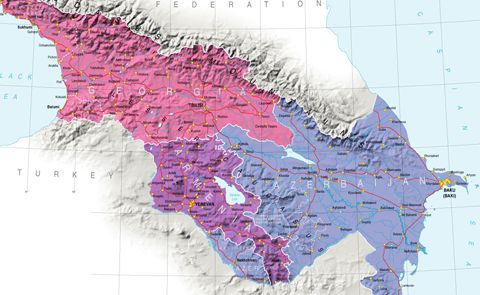
Pashinyan Proposes Peace Treaty and Renouncement of Territorial Claims in Proposals to Azerbaijan
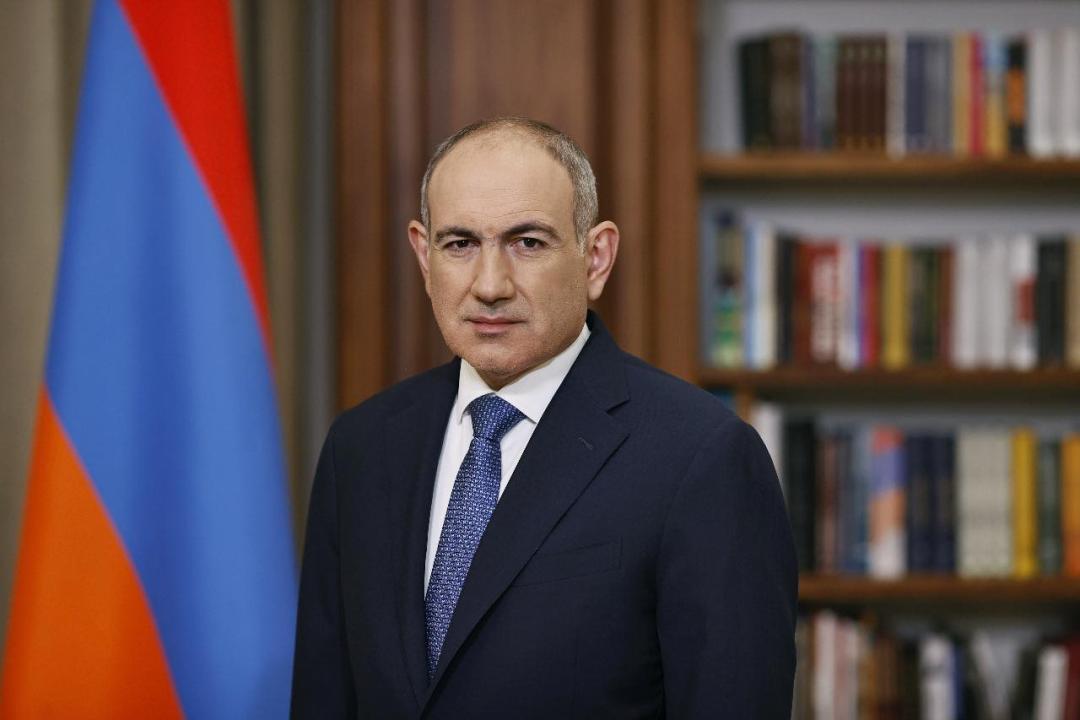
On January 9, Armenian Prime Minister Nikol Pashinyan posted on his Facebook page, revealing key aspects of Armenia’s proposals to Azerbaijan.
Pashinyan outlined Armenia's territorial positions, emphasizing that the concept of Western Azerbaijan is limited to specific regions: Gazakh, Tovuz, Agstafa, Gedabey, Dashkesan, Kelbajar, Lachin, Kubatli, and Zangelan. He argued that there is no Western Azerbaijan outside of these areas, suggesting that if Azerbaijan wants to extend this claim, it could include Nakhichevan. Regarding Western Armenia, he identified Armavir, Talin, and Maralik, stressing that these are the only legitimate boundaries for the region. Similarly, Eastern Armenia is defined by Ijevan, Berd, Chambarak, Vardenis, Jermuk, Goris, Kapan, Nerkin Hand, and Nrnadzor. Pashinyan stated that Azerbaijan's use of the phrase "the issue of the return of refugees from Western Azerbaijan" effectively closes the door to meaningful dialogue, as it implies territorial demands on Armenia, undermining its sovereignty.
He further criticized Azerbaijan for questioning Armenia's right to maintain a defensible army, suggesting that this rhetoric creates an opening for potential aggression. Pashinyan then outlined Armenia's proposals for achieving long-term regional peace and stability. These proposals included mutual renouncement of escalating tensions, continuation of delimitation based on the Berkaber-Voskepar experience, finalizing a peace treaty (90 percent of which is already prepared), and implementing the "Crossroads of Peace" project to address connectivity issues between the two countries.
Additional proposals involved creating a joint mechanism for investigating ceasefire violations, resolving the issue of detained persons, working to clarify the fate of the missing, renouncing territorial claims in international courts, and pursuing mutual arms control. Pashinyan also called for forming a professional expert commission to address refugee issues after peace is established, and the dissolution of the OSCE Minsk Group.
See Also

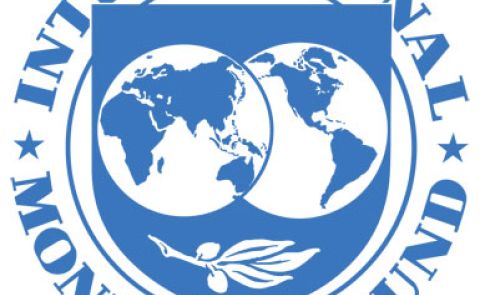
IMF Predicts Rising Strategic Reserves, GDP Growth, and Inflation Stabilization for Azerbaijan by 2030
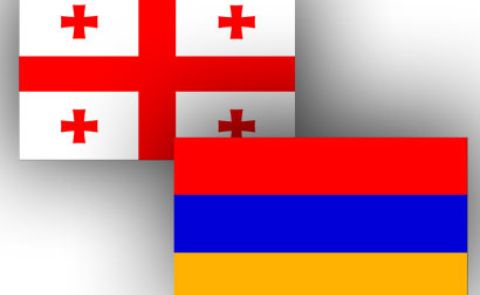
Armenian Officials and Georgian President Discuss Strategic Cooperation, Peace Efforts, and Regional Stability in Yerevan
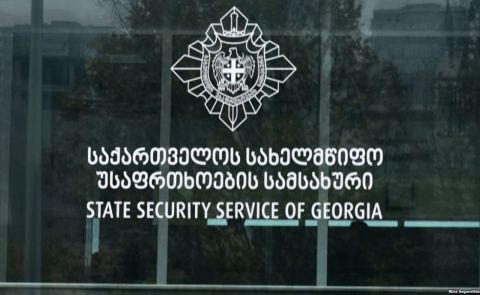
State Security Service of Georgia Identifies Occupation and Annexation as Primary National Security Challenge in 2024
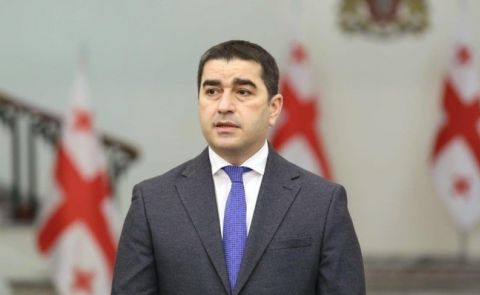
Shalva Papuashvili Criticizes EU for Misusing Funds, Warns of Continued Harm to Georgia’s Democracy
